Bluebottle Life Cycle. A bluebottle is a type of blowfly, a non-biting fly found all over the world. Except for their blue to purple-black metallic colouring and slightly larger size, adult bluebottles (Calliphora vomitoria) resemble houseflies. Bluebottles fill the niche of primary decomposers, for they break down dead matter and make use of.. Calliphora vomitoria, known as the blue bottle fly, orange-bearded blue bottle, or bottlebee, is a species of blow fly, a species in the family Calliphoridae. Calliphora vomitoria is the type species of the genus Calliphora.It is common throughout many continents including Europe, Americas, and Africa. They are fairly large flies, nearly twice the size of the housefly, with a metallic blue.
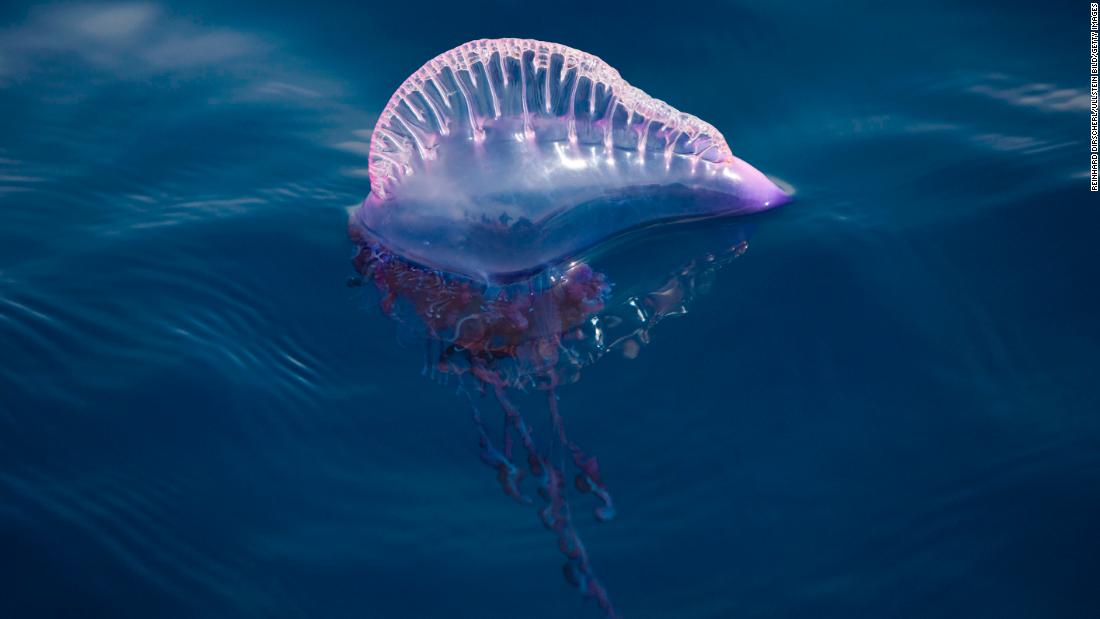
Where Do Blue Bottle Jellyfish Live Best Pictures and Decription

Bluebottle Flies photo WP11484
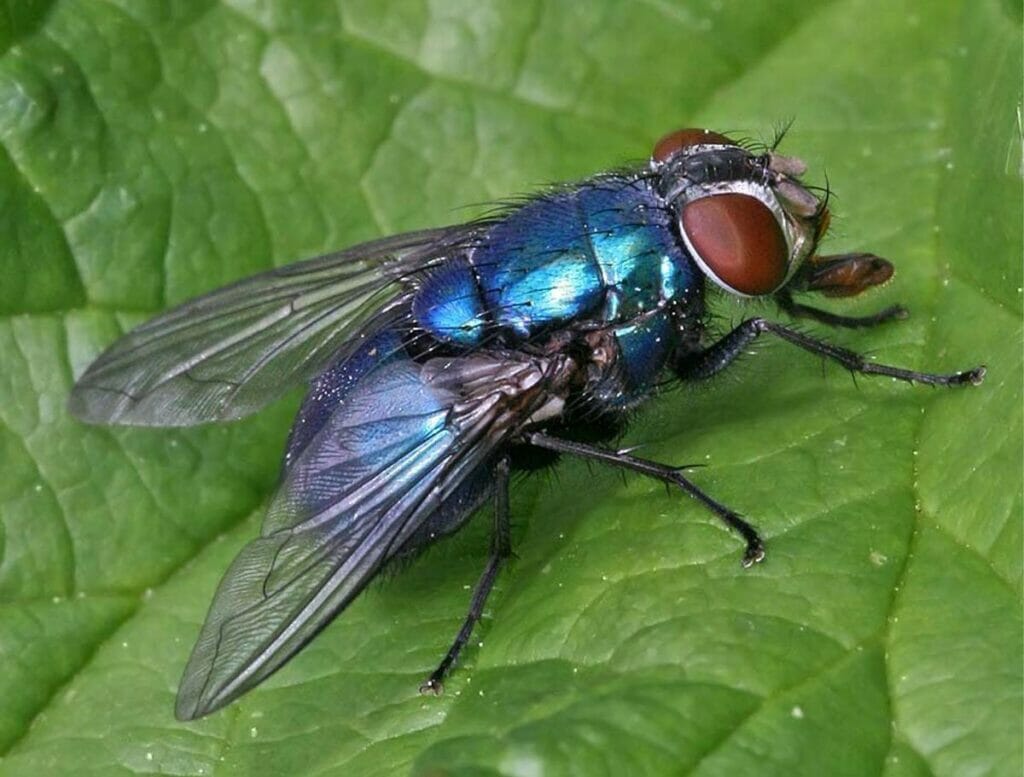
How to get rid of flies? Identify, control, exterminate Integrum
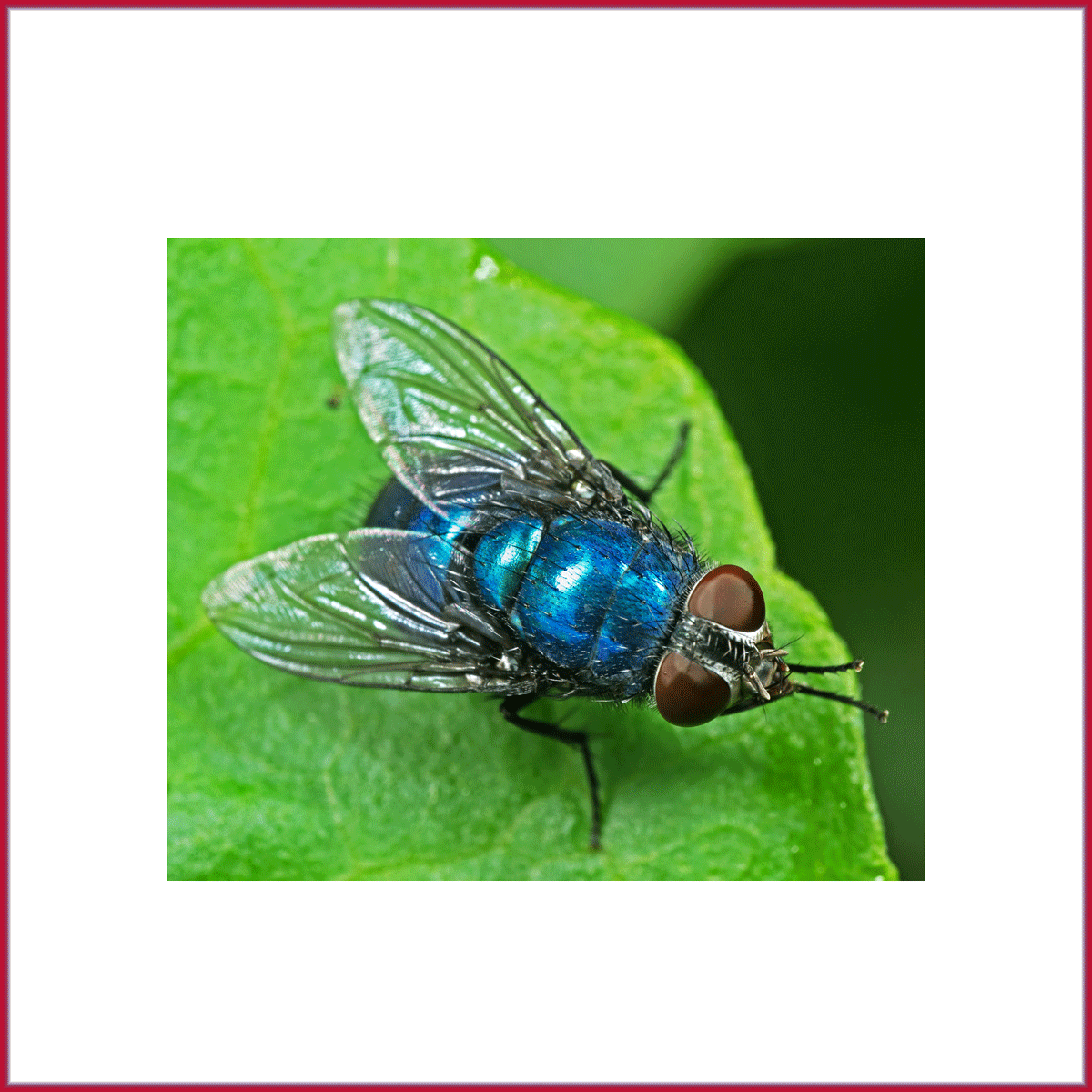
Blow, BlueBottle & GreenBottle Flies J.F. Oakes

Bluebottle Fly Macro shot of fly with Canon 100mm Macro US… DaraghOwens Flickr

Bluebottle fly Perzian Flickr
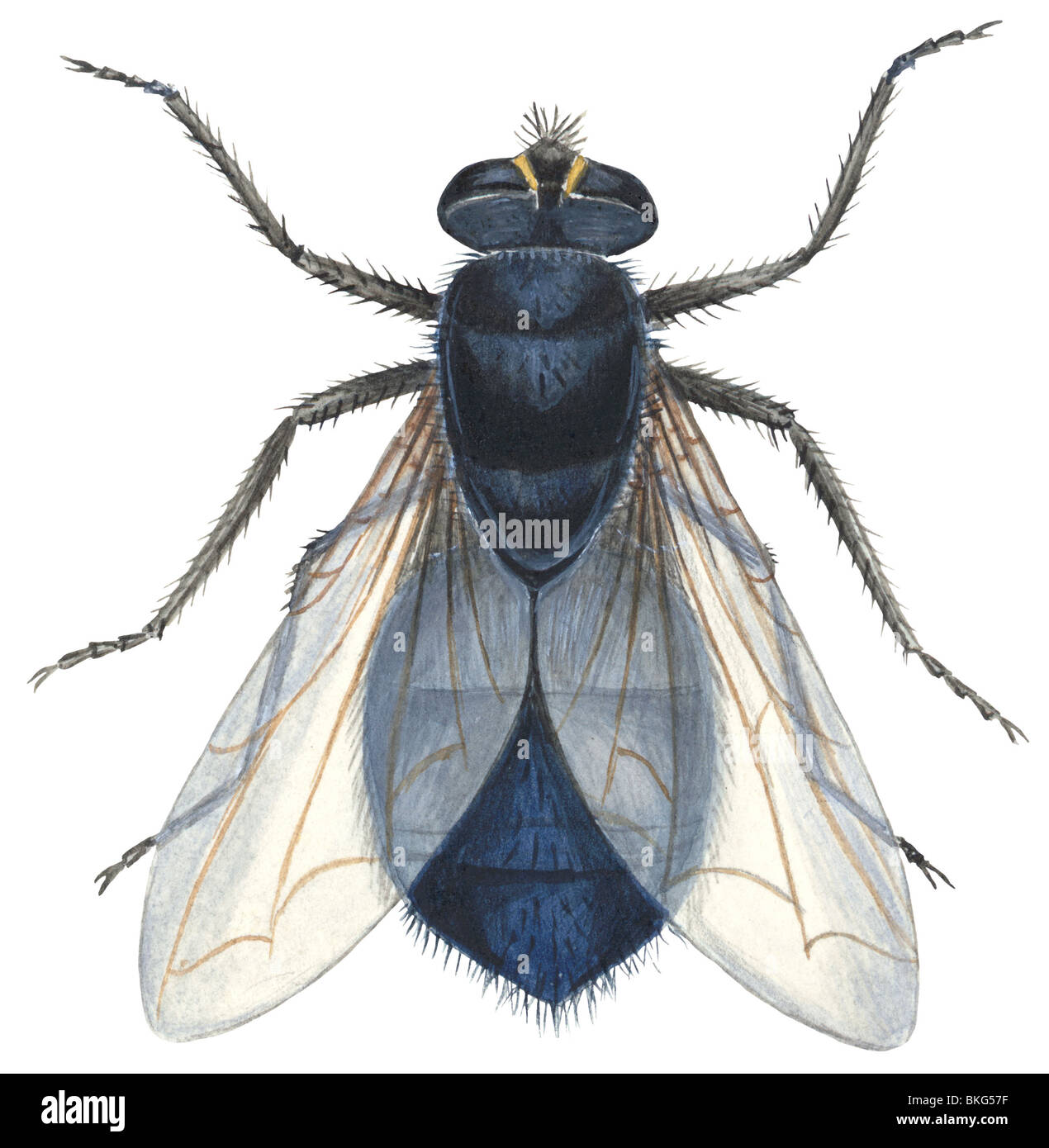
Bluebottle flies Cut Out Stock Images & Pictures Alamy

Blue Bottle Fly Bull Skulls, Blue Bottle, Flora And Fauna, Fish Tank, Dark Aesthetic, Bugs

Bluebottles PEST UK

Bluebottle fly feeding 2 Bluebottle fly feeding Flickr
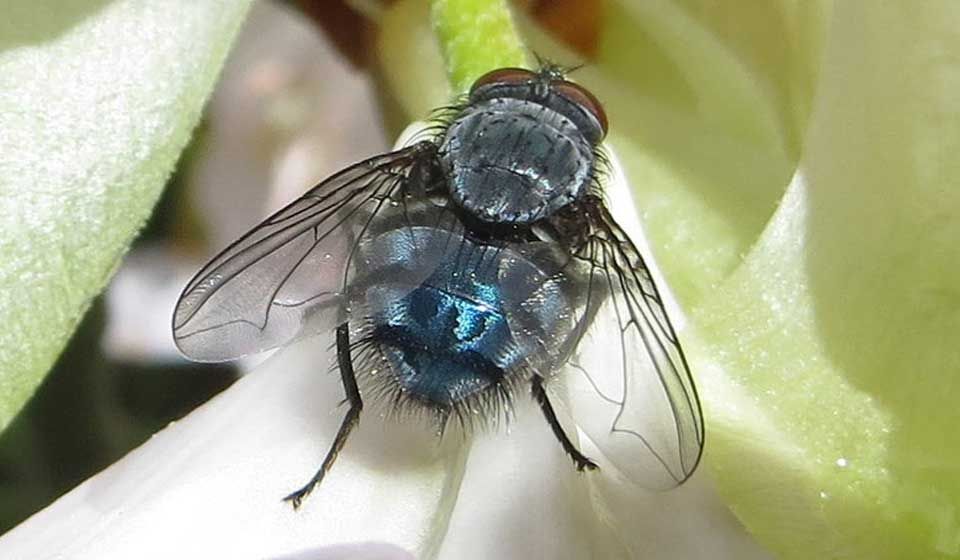
Flies Aerobeam Professional Pest Management
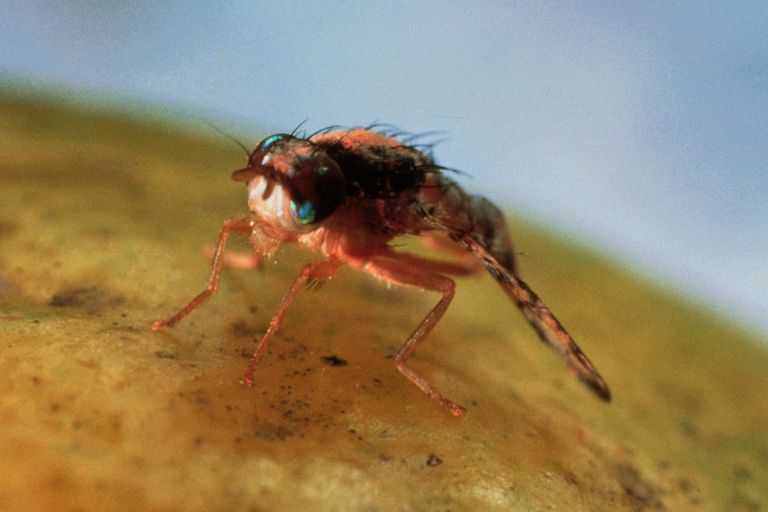
How long do flies live
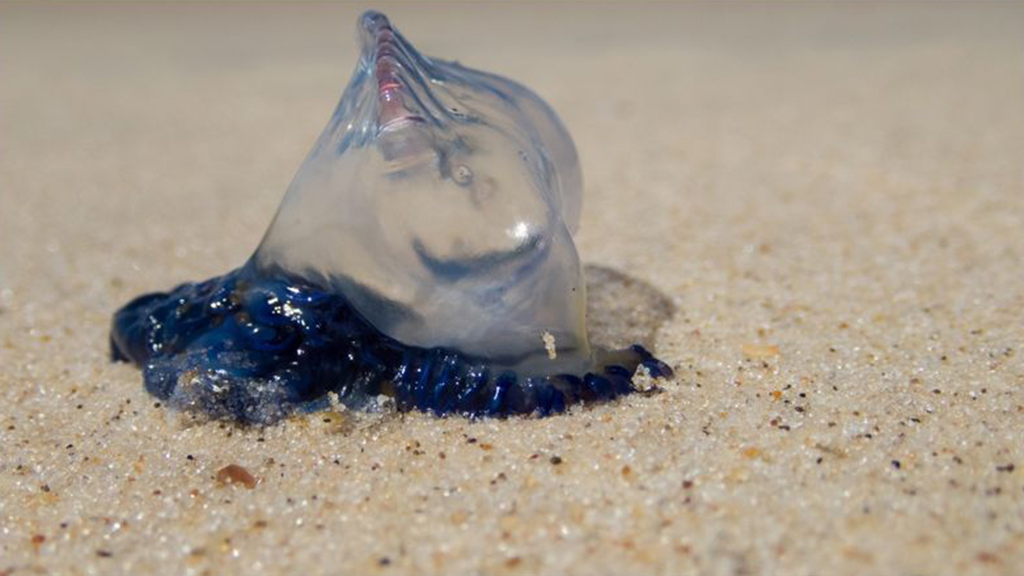
Bluebottle stings the best way to treat the injury 9Honey
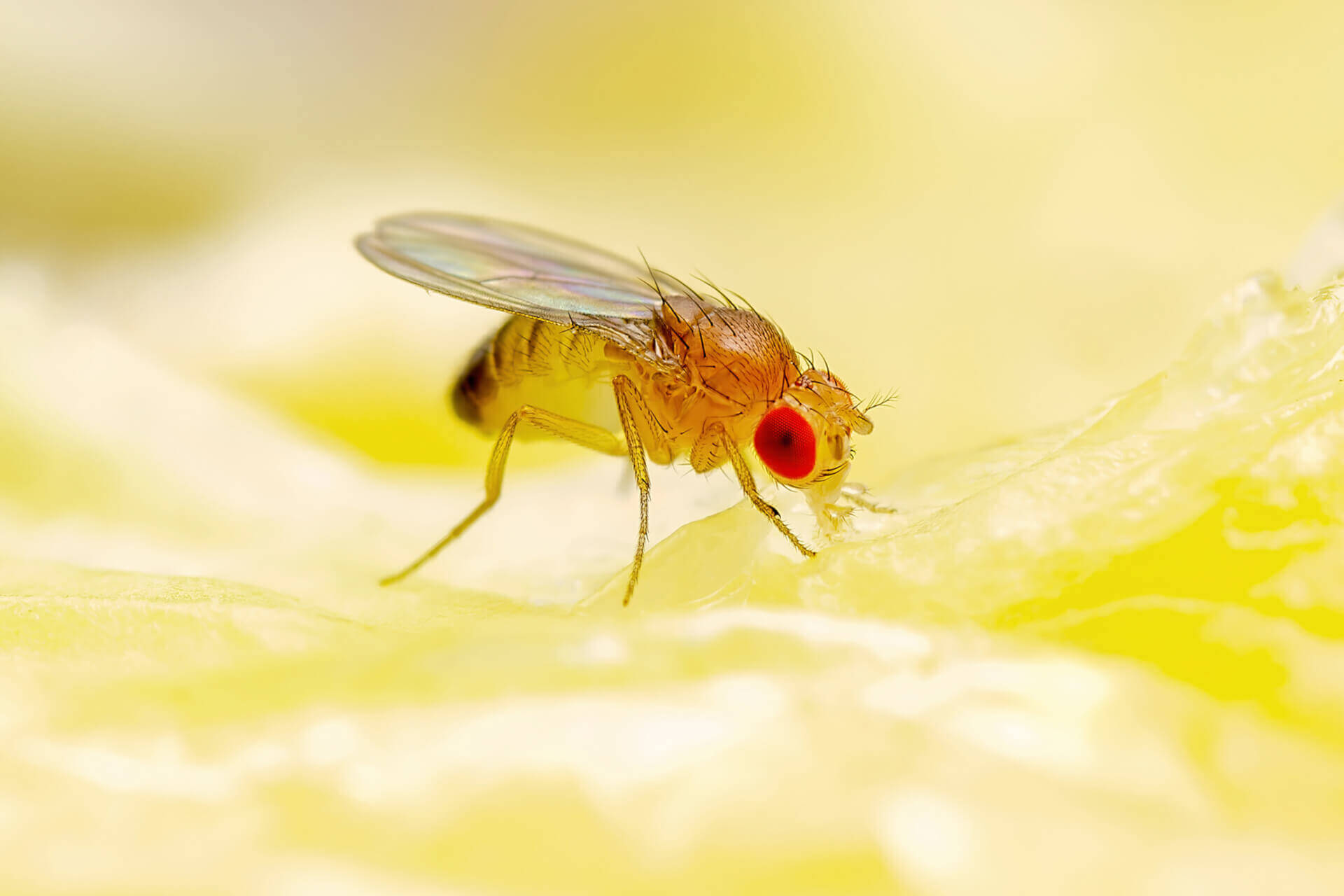
Fruit Fly Life Cycle How Long Do Fruit Flies Live?

Fly Control Services Island Pest, Singapore
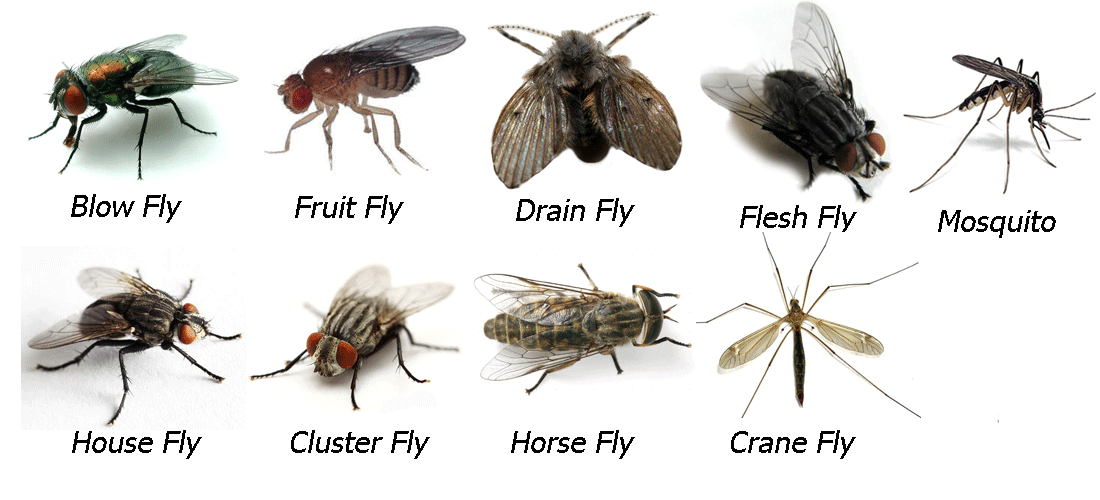
Why Do I Have So Many Fruit Flies In My House

Bluebottle flies stock photo. Image of multi, calliphoridae 34963046
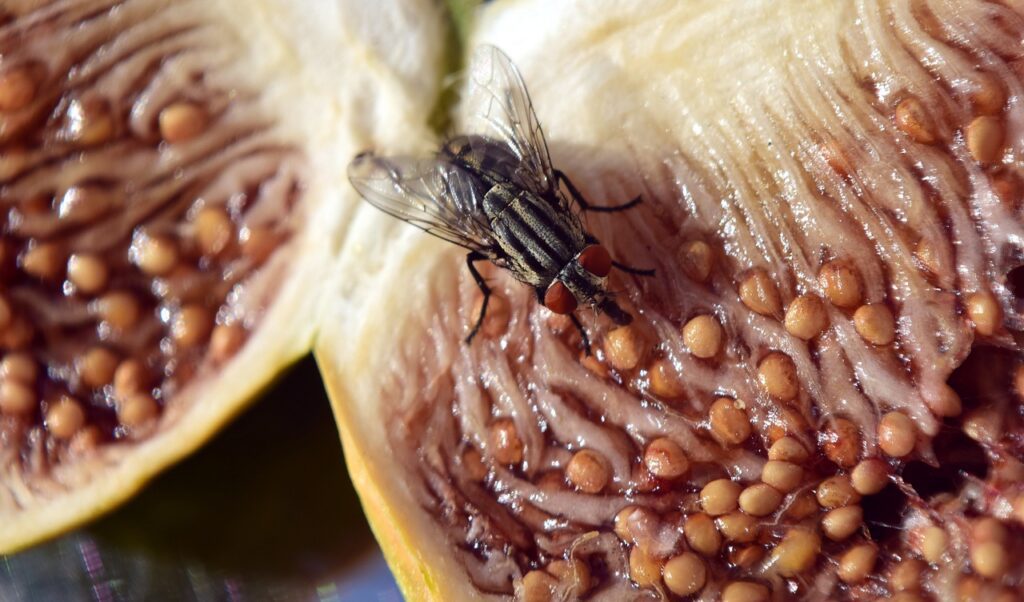
flies poop on food Archives Madsen Pest Management

How Long Do Blow Flies Live?
Rare giant bluebottle could be behind spate of stinger hospital cases, expert believes ABC News
Calliphoridae. The Calliphoridae (commonly known as blow flies, blow-flies, carrion flies, bluebottles, or greenbottles) [5] are a family of insects in the order Diptera, with almost 1,900 known species. The maggot larvae, often used as fishing bait, are known as gentles. [6] The family is known to be polyphyletic, but much remains disputed.. With the unsettling scientific name of Calliphora vomitoria, the common blue bottle fly is perhaps our most unusual managed pollinator (Figure 8.6).Even to describe the blue bottle fly as a “managed pollinator” is to stretch the definition of the term since the fly is only an incidental pollinator, and its management practices are minimal.

